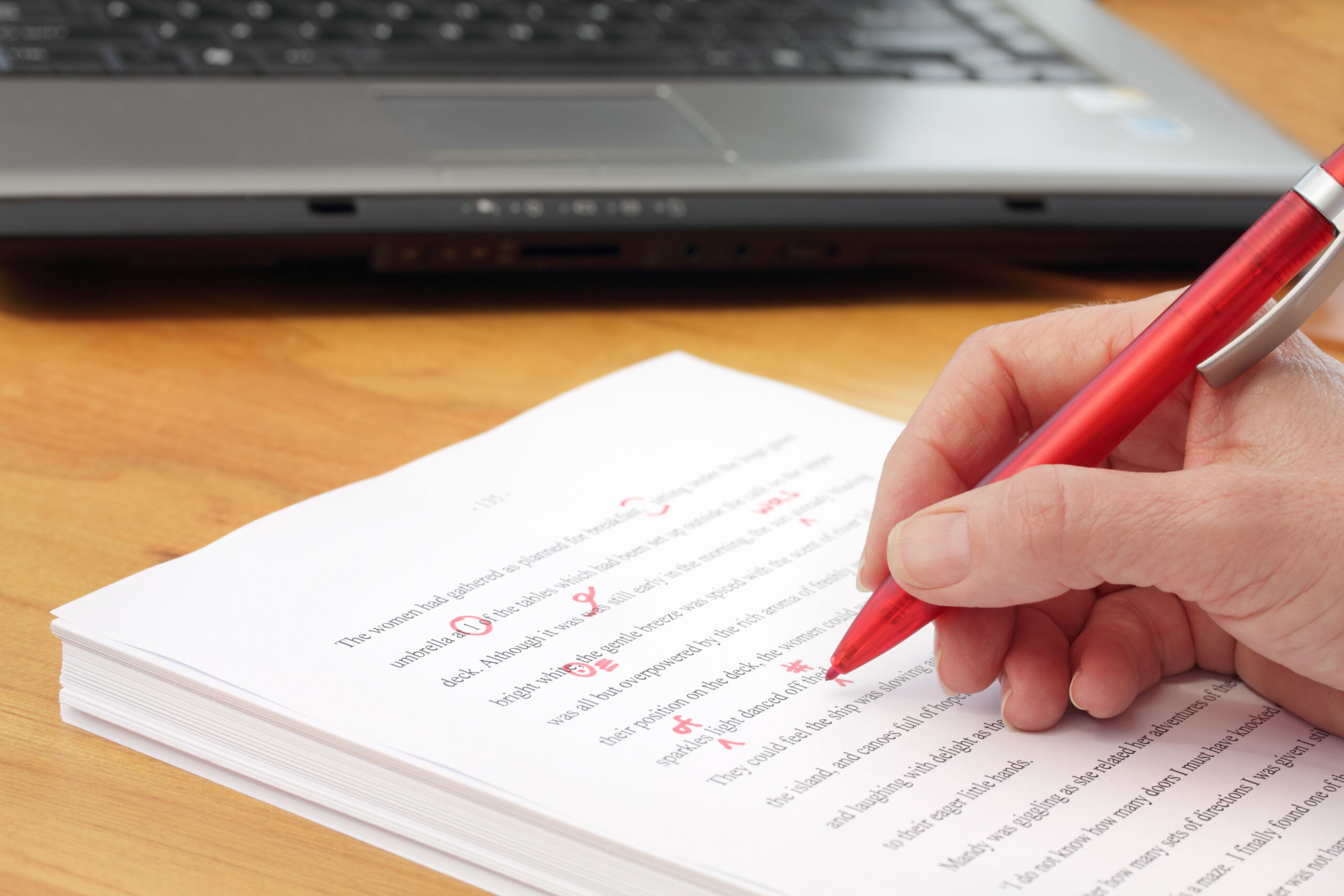Which vs. That
Which do you use? That one! The answer is simple: In a defining clause, use "that." In a non-defining clause, use "which." In other words, "which" and what comes after it is disposable. If you can take the whole clause out without destroying the sentence, you can use "which." Examples: Dr. Rafa Almodovar requested [...]










